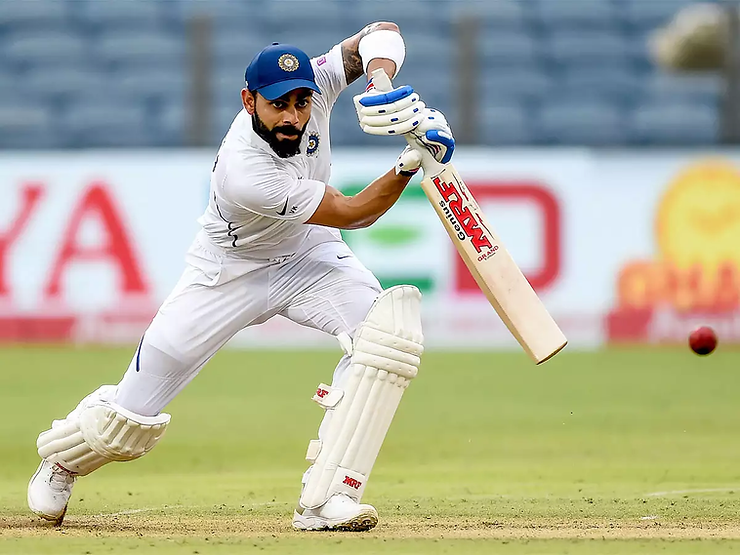By: Chloe Huang
Sports have always been hailed as activities that test the limits of the human body in endurance, flexibility, and speed. We might have finally found where that limit is. Global warming is affecting how outdoor sports are played, and cricket is no exception. As temperatures warm, players are finding it harder and harder to go out there and hit the ball.
Cricket is the world’s second-most popular sport, losing only to soccer. According to the New York Times, cricket has between 2 to 3 million fans worldwide. Most of cricket’s fans live in India, Pakistan, Sri Lanka, Bangladesh, South Africa, and the West Indies, which are also some of the countries that are being the hardest hit by global warming right now.
A 2018 climate report by the UK-based Climate Coalition stated that out of all the major outdoor sports, cricket will be hardest hit by climate change. Many of the countries where cricket is most popular are developing countries that cannot afford the infrastructure necessary to cancel out the effects of climate change.
In addition, the length of cricket matches, which can often last as long as five days, for seven hours at a time, puts athletes in prolonged exposure to hot and humid weather. But even in developed countries like England and Australia, cricket players cannot play during the heat waves that get more and more numerous with each passing year.
Playing cricket could now even damage the player’s health, as the protective equipment players wear inhibit the evaporation of their sweat. “It honestly felt like you were opening an oven,” said Akeal Hosein, 29, who plays on the West Indies cricket team. His team wore ice vests during breaks in cricket matches when the heat proved to be too much.
Side effects of global warming, like pollution and rain, make it hard to coordinate matches between countries. “It’s pretty evident that travel plans are being disrupted because of weather conditions, along with the scheduling of matches, because of rainfall, smoke, pollution, dust and heat,” said Daren Ganga, 43.
Ganga is a former cricket player who now studies the impact of climate change on sports in the University of the West Indies. “Action needs to be taken for us to manage this situation,” Ganga said, “because I think we’ve gone beyond the tipping point in some areas. We still have the opportunity to pull things back in other areas.”











